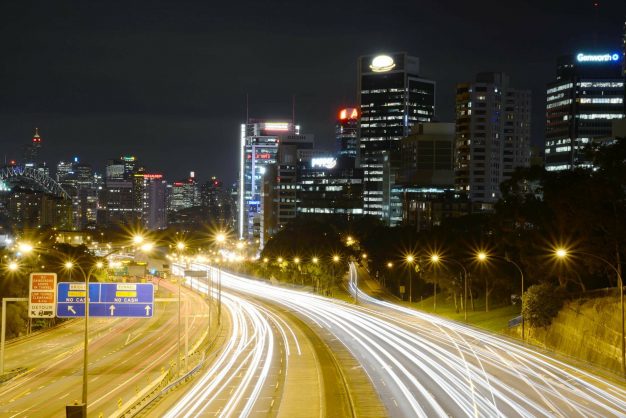
Designing a city without cars – for the sake of the kids
The development of Australia’s cities has enabled people to embrace car ownership – but at the cost of children’s and teenagers’ ability to get around freely without one.
That’s the message from research conducted by the University of South Australia, which says the country has become ‘without a doubt, a car country’.
‘We are, without doubt, a car country’
Hulya Gilbert, planning researcher at the university, believes there are growing reasons to question the cost of the ‘freedom’ afforded by having a car, or whether it is actually a freedom at all. More than half of Australian households own two or more motor vehicles, while only seven per cent own none -we are, without a doubt, a car country.
“There’s obviously the environmental impacts, and the health and fitness consequences of using cars, but there’s also a huge social impact,” she says.
“Despite the common view across the world that cars provide freedom and flexibility, increasingly we’re seeing the priority given to cars is infringing people’s ability—and right—to get around without one. That’s especially true of children, and the more we build our cities around cars, the more we rob kids and teenagers of opportunities to enjoy some independence and develop self-reliance.”
‘Now it’s not just safe for practical for kids to ride or walk…’
“It’s not enough just to say, ‘kids need to walk to school more,'” Gilbert says. “In many situations, we have planned that possibility out of cities, and now it’s just not safe or practical for children to ride or walk to the places they need to go – so much so, that there are now perceptions that parents who do let their kids ride or walk are being negligent.”
Her full article, Designing a city without cars – for the sake of the kids, is available here.




